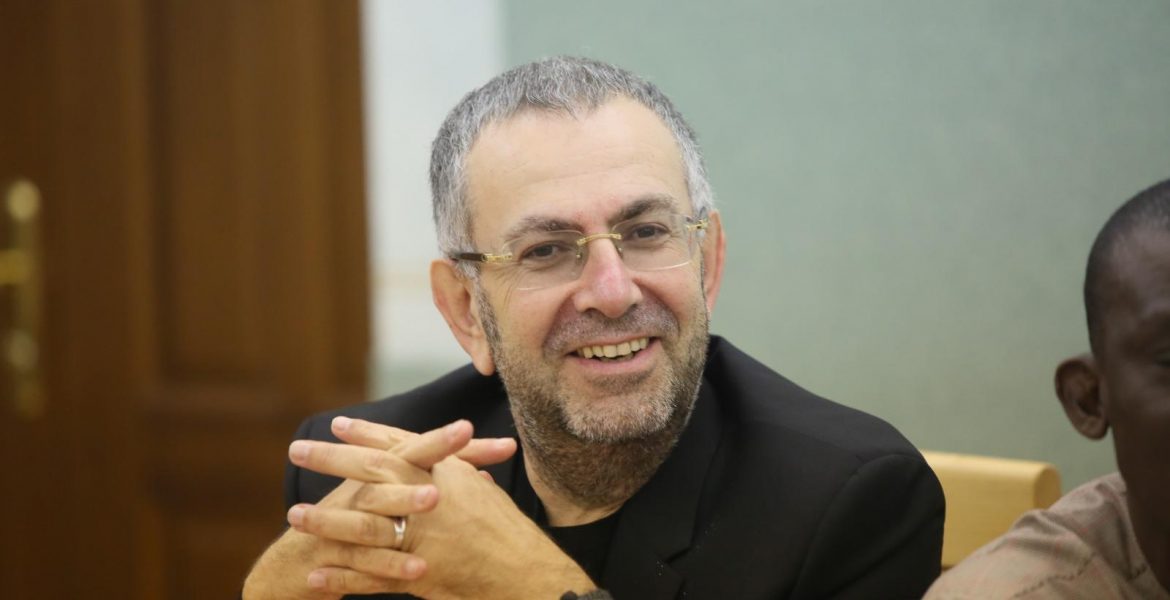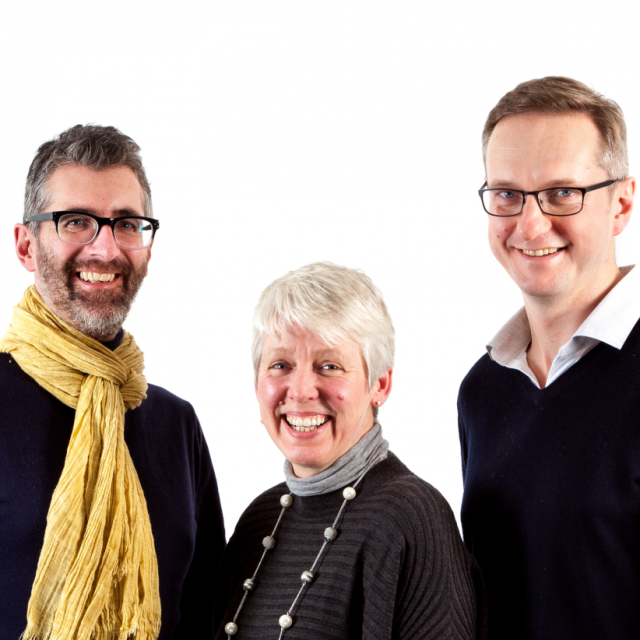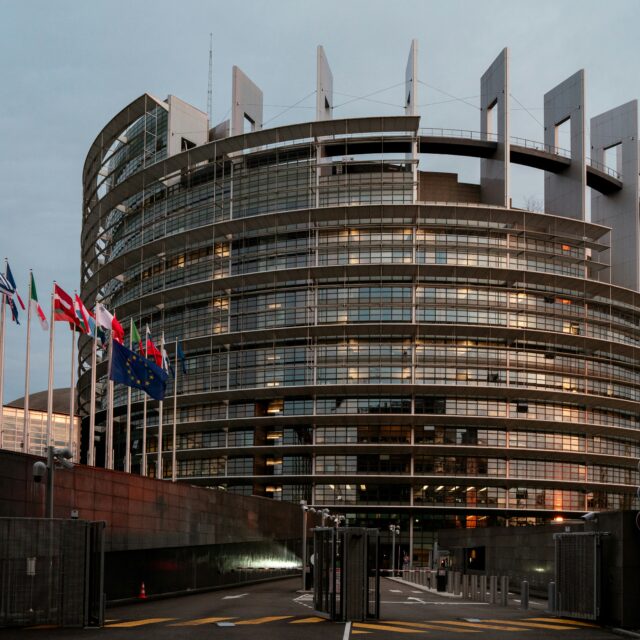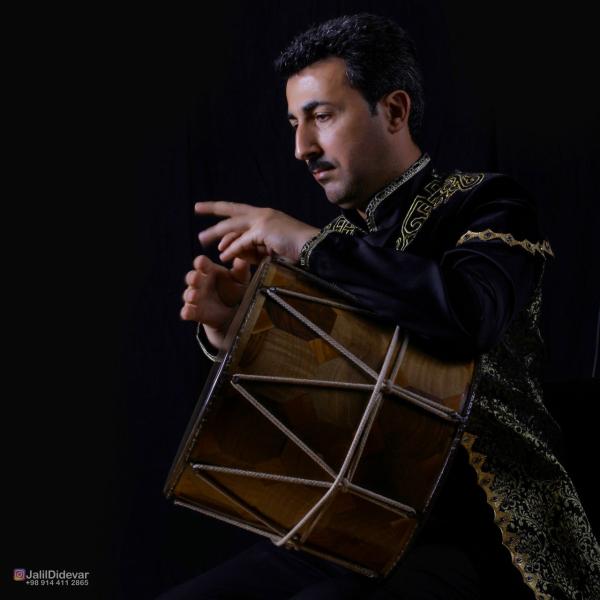What started as a routine business trip to Congo (DRC) turned into a 12 day nightmare of detention by the DRC intelligence services and interrogation for 2 international businessmen.
From the safety and comfort of Abu Dhabi after being released from detention, Paolo Persico and Alexander Zingman spoke to me of their ordeal. They were visibly relieved to have survived 12 days of intensive interrogation by the DRC secret services, who are not renowned for their kid glove treatment of suspects.
Alexander Zingman, a U.S. and Belarusian citizen and Paolo Persico from Italy are both experienced international businessmen who have been working in the African market for some 20 years. They arrived in Lubumbashi DRC on a private jet on 18th March, and were immediately apprehended and taken into custody for questioning without any warrant for their arrest; their passports were confiscated.
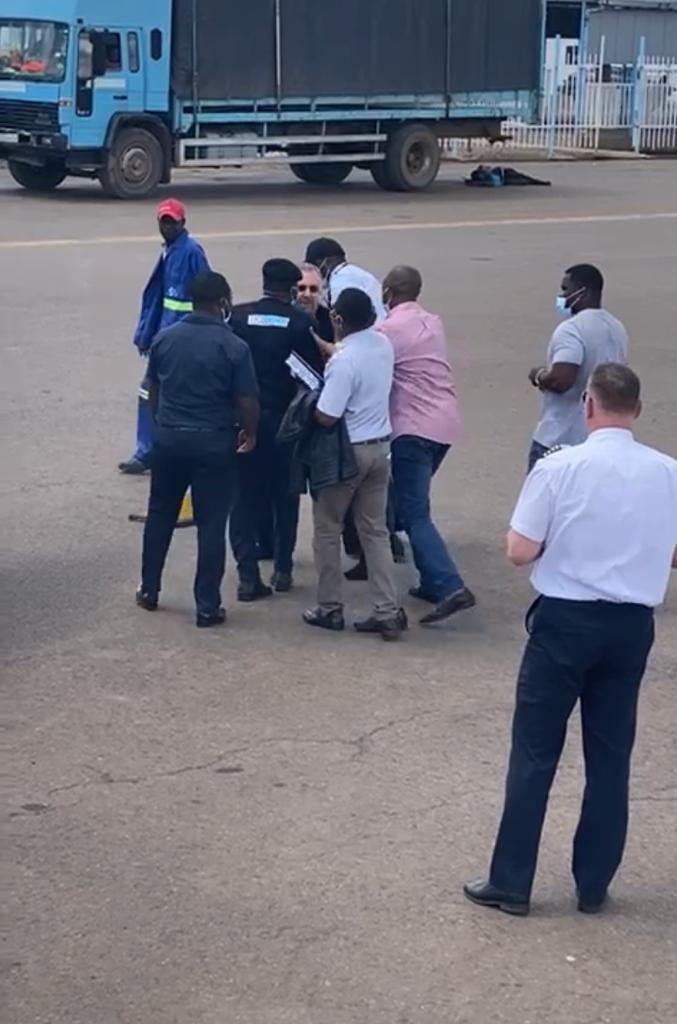
“When we arrived in Lubumbashi DRC on a private jet on 18th March, we were immediately apprehended and taken into custody for questioning without any arrest warrant and our passports were confiscated.”
Alexander Zingman
Their interrogators said that they were acting on advance intelligence received that Zingman and Persico were arms dealers who were under suspicion of planning to sell arms in the DRC and train soldiers that threatened the security of the country. Lubumbashi (formerly Eilzabethsville) is the capital of Katanga province, which is controlled by the governor Zoé Kabila the brother of the former DRC President Joseph Kabila, whose relations with the current DRC President Félix Tshisekedi are delicate.
Both Zingman and Persico strenuously denied the verbal accusations, and explained that their presence in the country was to further develop their business interests. Zingman trades in agricultural and mining machinery, and his company AF Trade holds the sales agency for Minsk Tractor and for Belaz Mining Trucks. Persico specialises in fertiliser trading, and holds the agency for selling Uralkali and Uralchem products.
Zingman explained that their business interests spanned the whole of the African continent, but that their main market interests were in Sudan, Zambia, Zimbabwe, South Africa, Togo and Burkina Fasso.
The businessmen suspected that somebody must have deliberately set them up with a “playbook” false tip off to the DRC authorities, when they saw the following day that all over the African press the same story was published in the media alleging their involvement in arms trafficking.
I asked Zingman if he knew who might have made such allegations to the DRC authorities. He said that “He had his suspicions, but would prefer not to make any specific accusations.”
Despite consistently professing their innocence, they were transferred to Kinshasa by military jet, and grilled successively by 7-8 different agents, who sometimes interviewed them through interpreters for a total of 12 gruelling days.
No charges were filed and no arrest warrants issued against the businessmen. The conditions of their detention were basic, and Persico contracted malaria, as they had to sleep in their cells without mosquito nets
They were allowed consular visits after 4 days, but diplomatic personnel in the DRC are still somewhat intimidated by the authorities, as in February, the Italian ambassador to the DRC, Luca Attanasio, and his driver were killed after their car was attacked when they travelled in a UN convoy in the eastern part of the country.
Zingman himself held a diplomatic passport, as the honorary consul of Zimbabwe in Belarus, but this did not appear to accord him any particular privileges in the eyes of the DRC authorities.
Finally and somewhat unexpectedly, perhaps due to the combined pressure of the international community, Persico and Zingman to their great relief were released on 30th March, and flew to Zimbabwe.
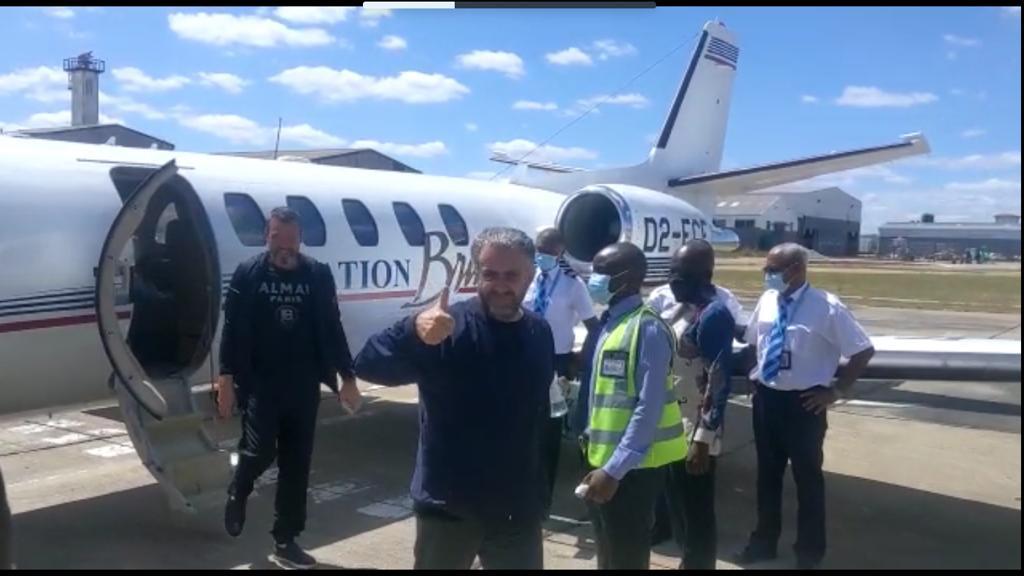
“As Europeans we sometimes behave as though we live in golden cages in Africa,” says Zingman, “But the reality is different from what you expect. It is very difficult to do business here.”
“There is much that business can contribute to development in the continent, but the international community needs to do more to support legitimate businessmen in Africa, so that they can operate safely. How many others have suffered similar experiences to ours, but whose stories have never seen the light of day?”
Asked if they would return to Africa after this experience, both said without hesitation “Yes, but perhaps we will concentrate more on countries other than the DRC in the future.”

